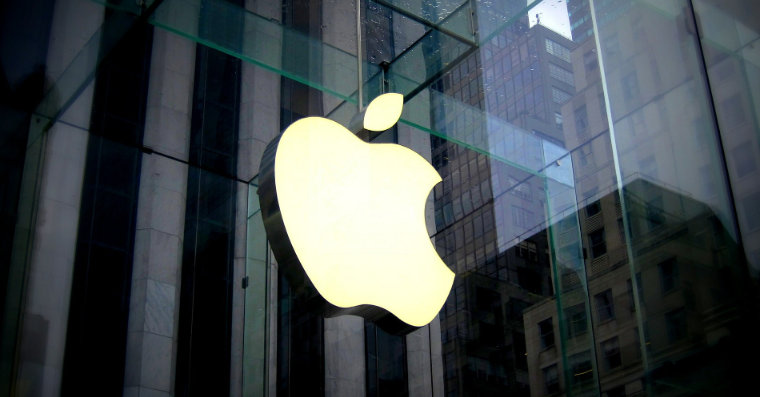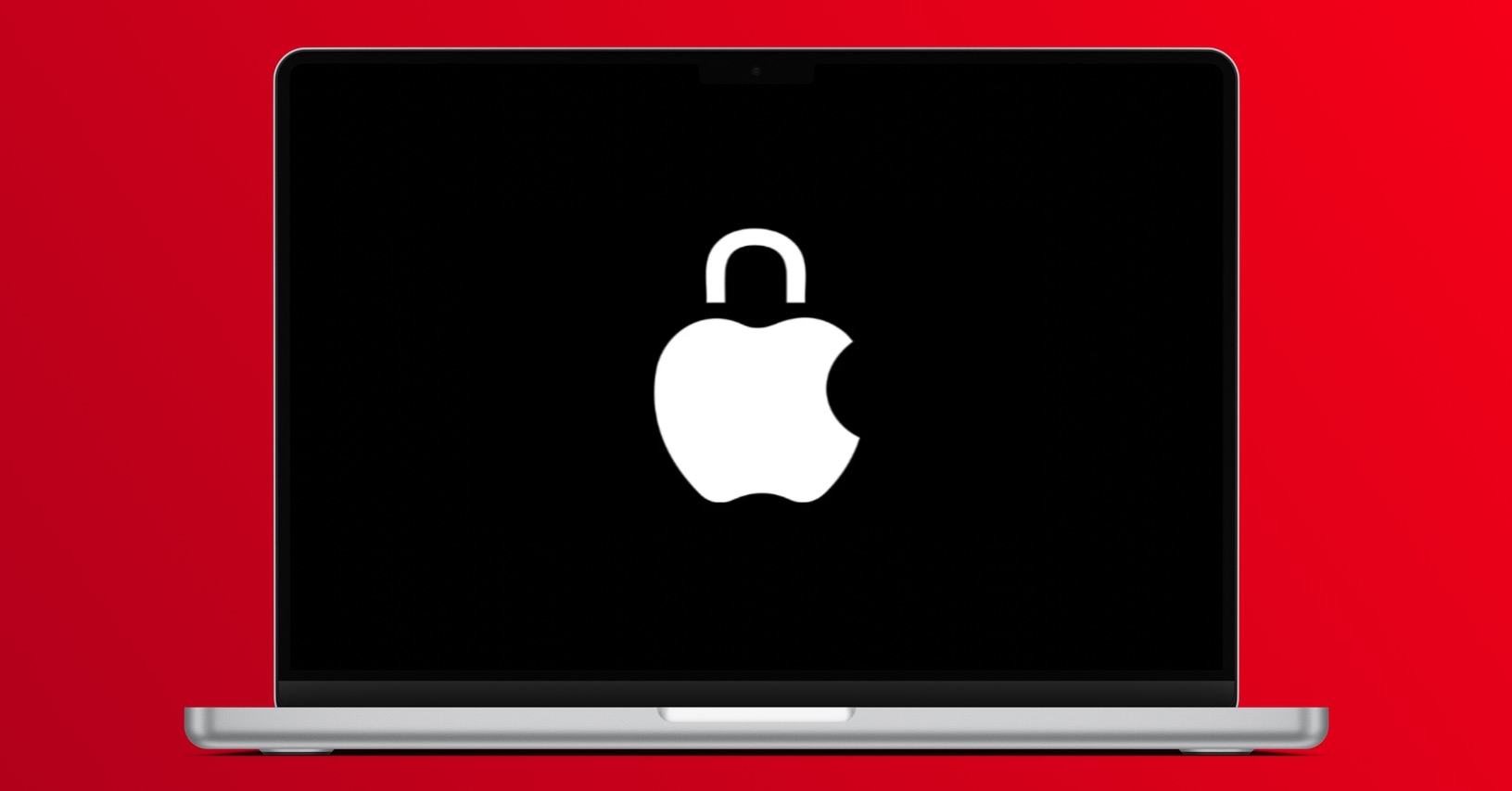Apple has published a new transparency report detailing government requests for our potential data. However, the company still cares about their protection and works hard to provide us with the most secure hardware, software and services available. Even so, it came out in favor of the governments in 77% of cases.
Report covers the period from July 1 to December 31, 2020. It describes which government and which countries from around the world (including the Czech Republic) requested information on users of the company's devices. However, the total of 83 requests is roughly half of what it was for the same period in 307. And it's surprising because the user base of the company's products is still growing.
It could be interest you

The circumstances of government requests (in the U.S. as well as private entities) can vary from law enforcement requesting assistance in connection with the Privacy Act, for lost or stolen devices, to cases where law enforcement procedures work on behalf of the Company's customers who suspect that their credit card has been fraudulently used to purchase Apple products or services. So it does not have to be the most serious crimes, but also petty thefts, etc.
Requests can also be aimed at restricting access to Apple ID or at least some of its functions, or it can be about its complete removal. In addition, requests may relate to emergency situations where there is an imminent threat to the safety of any person. The circumstances of a private party application generally relate to cases where private parties are litigating each other in civil or criminal proceedings.
It could be interest you

Situations where your data is requested from Apple
Of course, the type of customer data requested in individual requests varies depending on the case at hand. For example in cases of stolen devices law enforcement typically only requests customer data associated with devices or their connection to Apple services. In case of credit card fraud they usually ask for details of suspected fraudulent transactions.
In cases where it is Apple account suspected of illegal use, the appropriate authorities may request data about the customer who is connected to the account, when the content of his account is also attached to them and his transactions. In the US, however, this must be documented by a search warrant issued by the appropriate authorities. International requests for content must comply with applicable laws, including the US Electronic Communications Privacy Act (ECPA).
Apple provides data i in the event of an emergency, when a specialized team is available for individual assessment, which responds continuously. The company thus processes emergency requests worldwide 24 hours a day, 7 days a week. An emergency request must relate to circumstances in which there is an imminent danger of death or serious physical injury to any person.
It could be interest you

Personal information that Apple may provide from you
Of course, like any other big technology company, Apple collects data from its devices and services. Privacy Policy companies talk about what data it is. So it is the following:
- Account information: Apple ID and related account details, email addresses, including registered devices and age
- Device information: Data that could identify your device, such as the serial number and browser type
- Contact information: Name, email address, physical address, phone number, and more
- Payment information: Information about your billing address and payment method, such as bank details and credit, debit or other payment card details
- Transaction information: Data about purchases of Apple products and services or transactions mediated by Apple, including purchases made on Apple platforms
- Fraud prevention information: Data that helps identify and prevent fraud, including device reliability
- Usage data: Data about your activity, such as running applications within the Services, including browsing history, search history, interaction with products, crash data, performance data and other diagnostic information and usage data
- Location information: Exact location only to support Find and Approximate location
- Health information: Data relating to a person's state of health, including data relating to physical or mental health, information on physical condition
- Financial data: Data collected, including information about salary, income and assets, and information related to financial offers from Apple
- Official ID details: In certain jurisdictions, Apple may also ask you to identify yourself through an official ID in certain exceptional circumstances, including when you process your mobile account and activate your device, to provide trade credit or manage reservations, or where required by law.
 Flying around the world with Apple
Flying around the world with Apple 










 Adam Kos
Adam Kos